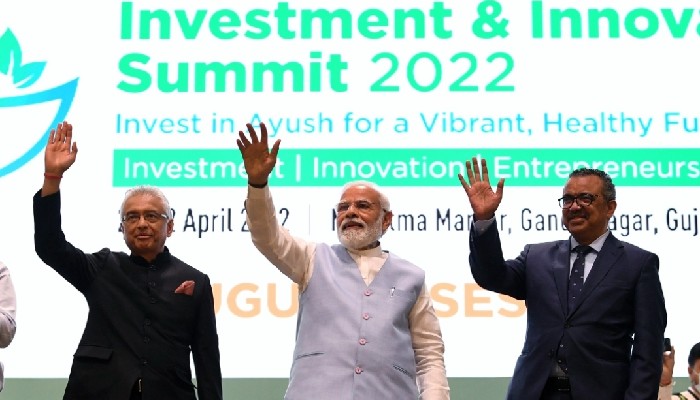All the households in her village in Punjab’s Bathinda district receive piped water supply
Every morning, Kulwinder Kaur Brar hurriedly wraps up her household chores and prepares for a busy day ahead. She spends the day meeting government officials, corporates, and village residents.
The village sarpanch from Mehma Bhagwana village in Punjab’s Bathinda district has, through her efforts within the community and effective liaising with agencies concerned, ensured piped water supply to the households.
Brar has achieved this by bringing about greater participation by women in community affairs, particularly in water supply and management projects implemented under the Jal Jeevan Mission (JJM). This included persuading those who were initially reluctant to apply for a piped water supply connection by contributing only 10% of the total cost.
Her story has now been highlighted by the Ministry of Jal Shakti (water ministry) to show how Mehma Bhagwana village is a perfect example of community participation and mobilization making the Jal Jeevan Mission a success. According to government data, the village with a population of 1,484 people has 100 percent functional household water connections.
In a detailed statement explaining the steps taken on the ground, the ministry explained how the Village Water & Sanitation Committee (VWSC) members went house-to-house explaining that piped water supply would not only save time and energy but also provide clean drinking water of prescribed quality.
The success of the mission has come with some positive spin-offs. With a tap at home, women have more spare time in their lives. “Another visible change is that the dropout rate has reduced since piped water connection has reached the village. A number of adolescents have re-enrolled in the schools,” the ministry said.
The task did not end just with providing piped water connections. A five-member committee periodically tests the water source and household tap connection to assess the quality of water supplied in the village. According to the ministry, women are also being trained to carry out minor repairs and maintain the water supply existing infrastructure.
Being implemented in partnership with states, JJM aims to provide drinking water to every rural household of the country by 2024. Over 2.3 crore households have already been provided tap water connections across the country in the past one year.
According to the ministry, nearly 30% of India’s total rural households, adding up to 5.5 crores, get assured safe tap water in their homes as of now.
 Contact Us
Contact Us  Subscribe Us
Subscribe Us









 Contact Us
Contact Us
 Subscribe
Subscribe
 News Letter
News Letter

